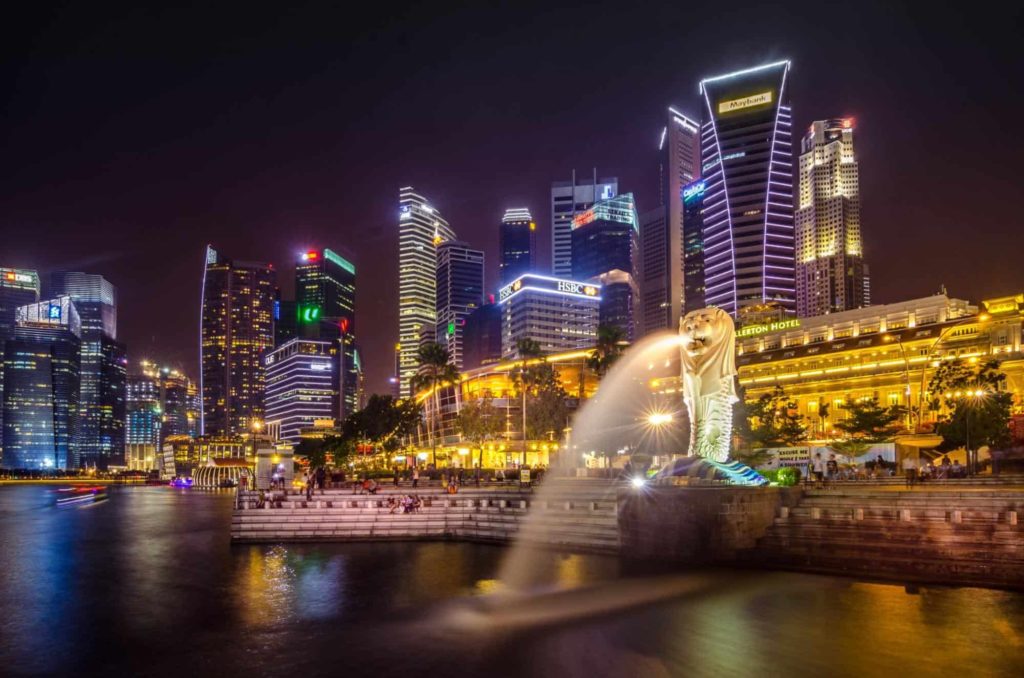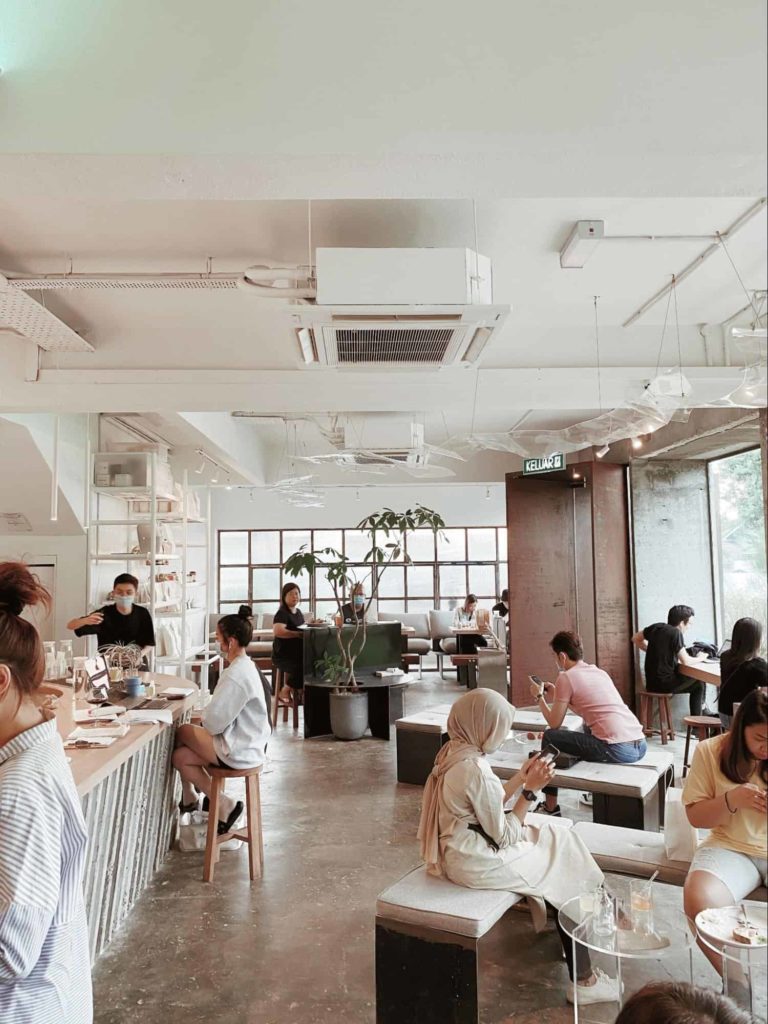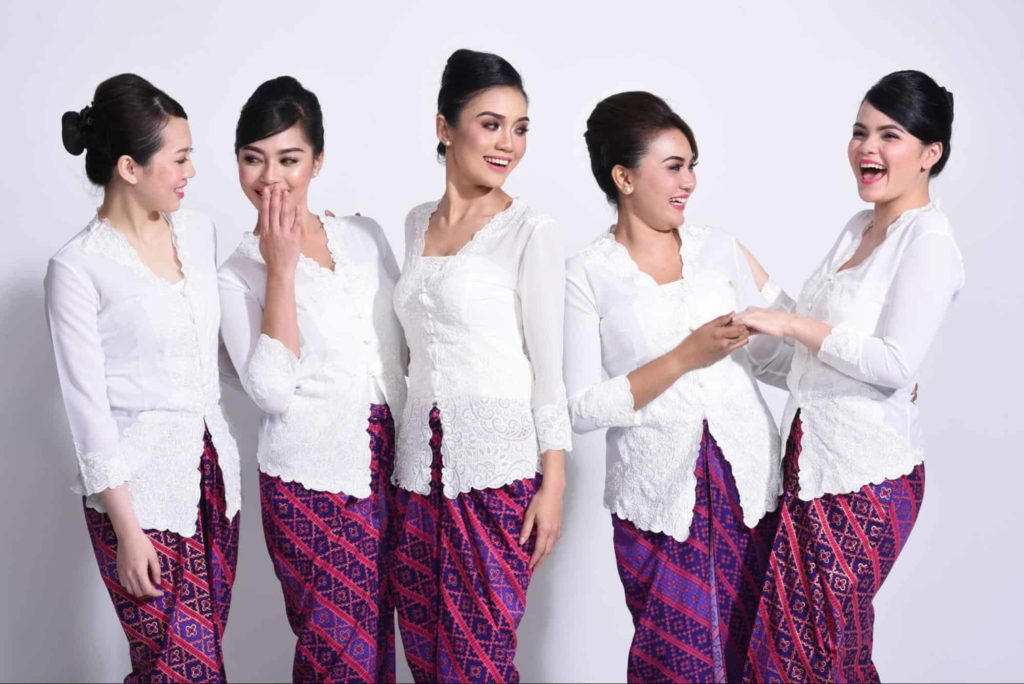Why do Malaysians say ‘lah’ all the time?
Tourists who visit Malaysia will notice how diverse the language is in this country. They will often hear the locals speak multiple languages when they converse with each other.
As a foreign tourist in Malaysia, one of the most common words that you would hear from Malaysians is “lah”.
Malaysians say “lah” in different instances and contexts. However, “lah” is mainly used by Malaysians when speaking to put emphasis on a statement or to show affirmation, rejection, exclamation, or annoyance, among others.
If you’re a tourist or an expat planning to stay in Malaysia, read on to know more about “lah” so you could speak as the locals do!
What is “lah” in the Malaysian language?
There’s no definite meaning to “lah”. It’s a particle that conveys affirmation, exasperation, and exclamation, or dismissal, rejection, and contradiction.
“Lah” softens a tone or command, reassures, persuades, and annoys. It’s also used at the end of a sentence to emphasize a point or point out the obvious.
Where did “lah” come from?
Just like the meaning of the word, “lah” has no single origin.
“Lah” is believed to have come from the Cantonese “la” (啦) which is used at the end of a sentence to convey a request or order. It was adapted when an influx of Chinese immigrated to Malaysia during British rule.
It could’ve also come from the Tamils, as people in Southern Tamil Nadu often use “lah” at the end of the sentence.
The ‘Lah’: Malaysia’s Shared Similarity with Singapore
Just like Malaysia, Singapore was also under British colonization, which means that Singapore was once part of the British Malaysia family for centuries. Aside from this shared history, these two countries are also linked by their colloquial language.
When the locals in Singapore speak in colloquial English (Singlish), they also shower their sentences with the word “lah”. This is because both Manglish and Singlish have the same grammatical structure and even shared vocabulary.
The word “lah” has also become a fixture in Singapore’s colloquial language, along with the 10 other particles adopted from the Chinese. It’s also a word that binds Singapore and Malaysia because they’re the only countries that use “lah”.

When do Malaysians say “lah”?
Malaysians use lah for various intentions, purposes, and motives. It helps them put emphasis on what they’re saying and even say something without being too direct or sounding harsh.
Here are some ways how Malaysians use “lah”:
Furthermore, Malaysians often say “Yes-lah” and “No-lah” for a smoother and less brusque conversation.
Likewise, Malaysians also use “lah” when they speak in their native tongue.
One of the most common expressions among Malaysians is “Tunjuk ajar, lah” which they use to ask another person to teach them something. “Lah” here provides emphasis on the speaker’s request.
Another example of how they use “lah” is “Tapi sekarang ni dah jauh, malaslah I.” which means “But now it’s too late, I’m too lazy!” Here, “lah” shows displeasure and a display of rebelliousness.
“Ketinggalan zamanlah you.” which translates to “You’re behind time, lah.” is also another example of how “lah” is used by Malaysians. It’s a subtle way to show mockery or displeasure and adding “lah” softens the impact of the statement.
The locals also know when to interject “lah” as it’s a word that you can’t just place anywhere. Moreover, take note in the examples above that “lah” is not always placed at the end of the sentence.
Furthermore, when written, “lah” is usually preceded by a comma just for emphasis but never for a pause so you might hear a native speaker say “lah” like it’s part of the word. However, it is placed at the end of the word in the original Malay.
Perhaps, only the true locals in Malaysia would truly know how to use “lah” as there’s no hard and fast rule about its usage. Sometimes, even if they would correct you in the placement of “lah” in your sentence, they wouldn’t give an explanation.

3 Reminders and Tips in Using “Lah” in Malaysia
Using “lah” is already second nature to Malaysians, but foreigners may take time in picking up when to use and where to place “lah” in their conversations. Over time, you could adapt from listening and exposure to how the locals use “lah”.
Here are some tips that you should remember about using “lah” if you’re still a novice:
1. Don’t overdo it.
If you want to use “lah” in a sentence, the first thing you should know is that you shouldn’t overdo it.
The locals would quickly notice if “lah” was used incorrectly, so you shouldn’t sprinkle it everywhere in your sentence. It will sound weird even to native speakers.
For example, don’t put “lah” after two to three words, like “I-lah tell you-lah but you-lah never listen-lah!” It sounds baffling and cringey even if you’re not a local.
2. Know where to interject “lah” properly.
It’s also important to know where to place “lah” accurately in the sentence. Misplacing “lah” in your sentence is also quite a nuisance and it makes your sentence off-putting.
For example, don’t say “The dog is in-lah the house” or “The dog is-lah in the house” because these are incoherent and ambiguous.
Instead, you can say “The dog is in the house, lah” or “The dog-lah is in the house” because these indicate the motive or intention more properly.
Similarly, instead of saying “Go-lah in you” to command a person to get inside, you can say “Go in-lah you” because it emphasizes the action of going inside.
3. Use the proper tone.
The last tip you should remember is to convey your tone properly. The intonation or tone when speaking is essential when using “lah” because the wrong tone could pass on to the other person a different meaning from what you intended.
A local might be offended and think you’re rude or toxic even if you’re only joking.

Other Particles that Malaysians often Use
Malaysians also use other particles when they speak. If you’re in Malaysia, you might notice how locals use other words besides “lah” when they talk.
Sometimes, the locals even use not one but two particles at the end of their sentences to give more emphasis to their statements.
Ah
Aside from “lah”, another particle most frequently used by Malaysians is “ah”. It’s believed to have come from the Cantonese word “啊”.
It’s mostly the Malaysian Chinese who use this word, but you’d hear it from other locals, too.
“Ah” is often used by Malaysians with a soft tone for consolation or with a raised voice brought by annoyance. It can also be used with a neutral tone.
It doesn’t have any special meaning, but it’s also used in different purposes and contexts, like “lah”.
Furthermore, Malaysians would opt to say “Thank you, ah!” in informal set-ups because it’s friendlier and it sounds softer, unlike a regular “Thank you” which seems too curt.
Loh
“Loh” is a particle that Malaysians use to show that something or a point is too obvious. It’s the Malaysian equivalent of the English expression “Duh”.
For example, if someone tells you they’re sick, you can reply with “Stay at home loh”. This will point out the obvious that if the person is sick, they should stay at home.
One
One is not just a number in Malaysia because it’s also a particle used as an intensifier or to put an emphasis on a point. Malaysians often add this at the end of the sentence.
For example, when someone says “You can trust me, one”, he is serious about it.
“One” is also a marker for a determinative. If someone says “Sure call you, one”, he means to say that he will definitely call you.
Mah or Ma
“Mah” is believed to have originated from Hokkien (嘛). It’s usually used in the following instances:
- For assertion
- To justify a person’s belief or assertion
- To state the obvious
- To seek confirmation or agreement while pointing out that something is obvious
This particle is usually preceded by “because” or “therefore”. For example:
- I ate because I was hungry, mah!
- He’s slow because he’s tired, mah!
Hor
This particle is used by a local to seek agreement from another person. It’s the Malaysian equivalent of “right?”, “isn’t it”, or “doesn’t it?”. Sometimes, it’s used with a raised tone.
Here are some examples of how it’s used:
- This laksa is delicious, hor?
- You cannot be sure of what will happen, hor?
In these examples, “hor” implies that the person is waiting for an answer from the one they’re talking to.
Meh
Malaysians say “meh” to express doubt about what someone just said, to show surprise, or to express indignation. This is an optional suffix that also often has a question mark at the end.
Here are some examples of how it’s used:
- Nasi lemak has coconut milk, meh?
- You went to Penang. Really, meh?
- Can forget, meh? (Can it be forgotten?)
Furthermore, “really, meh?” is also a common expression used by Malaysians to show disbelief.
Gua
This particle that comes from Cantonese (啩) expresses that a person doesn’t have a particular opinion. It’s likened to the word “probably”.
For example, if you hear someone say “I don’t know what to do in the afternoon. Watch movie gua.”, this means that the person speaking may or may not watch a movie.
Lor
Malaysians say “lor” to show resignation about another person’s action or belief. You might often hear this with a high tone.
Hah
“Hah” is another pretty common marker used by Malaysians to show a person’s agreement or to probe a question further.
For example, if you hear someone say “Hah! Secara tidak langsung.”, it means “Yes, indirectly.” The person speaking is agreeing that something is indirect.
In the following example, “hah” is used by the second speaker to seek clarification about the question imposed by the first speaker:
A: Did you read?
B: Hah?
Leh and Wor
“Leh” is used by Malaysians to show they’re uncertain of what they said or to express surprise at what they said.
For example, if a person says “I haven’t read a book in years leh”, this means the speaker is not sure how long has passed since they last read a book.
Meanwhile, “wor” is another word that expresses a speaker’s surprise and it’s interchangeable with “leh”.

Mou
Malaysians use “mou” at the end of their sentences to seek a “yes” or “no” answer from another person. If a local is offering you Nasi Lemak, you might hear them say, “Nasi Lemak mou?” to which you’d have to respond with “yes” or “no”.
Lei or Liao
These particles have Hokkien origins and they’re used by Malaysians to express or emphasize that something already happened.
Wrapping Up
Malaysia doesn’t only have famous tourist attractions. It’s a unique country with an interesting culture and language.
The language in Malaysia is truly a manifestation of its multiculturalism. Various languages have been adapted and fused into their vernacular, and these can be heard every day in normal conversations.
If you’re taking a trip to Malaysia or you just moved to the country, don’t be surprised if you hear locals use “lah” all the time. You’ll even chance upon a Malaysian in a foreign country if you hear a person say “lah”, even if they’re talking in English.
The origins of this word may be unclear but even if it’s a borrowed expression from different languages, it transcends Malaysia’s diversity. Everyone in Malaysia uses this word.
As a general rule, Malaysians say “lah” to show agreement or discontent, to put emphasis on their statement, and to soften a command.
It might be an acquired taste, but using “lah” helps Malaysians show or express different intentions which also depend on the circumstances and the speaker’s tone.
However, this word is just one of the most charming things in Malaysia! Learn more about Malaysia in these guides that we curated:

